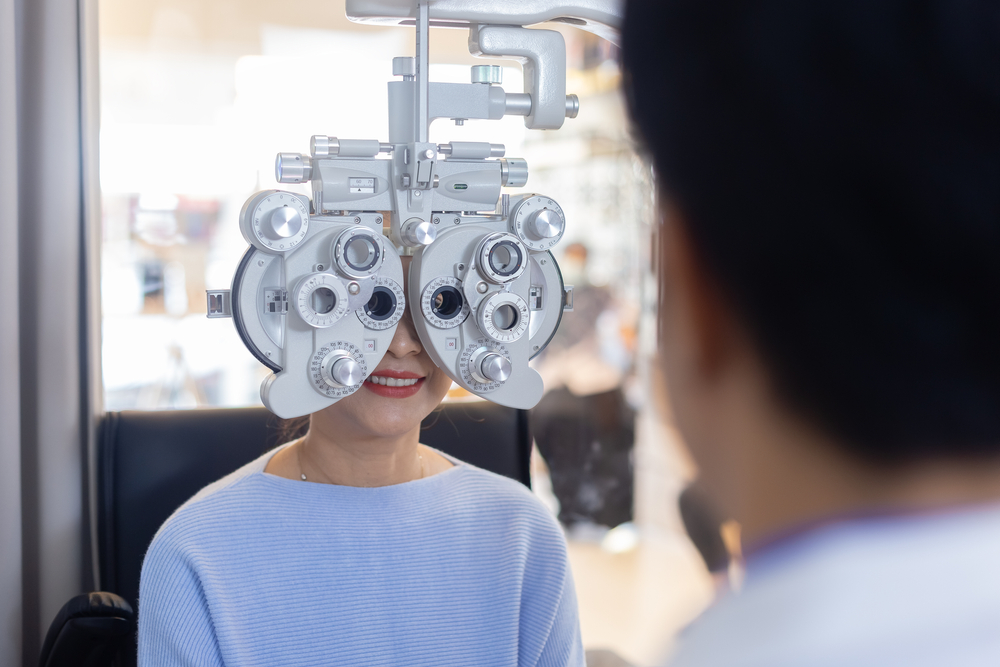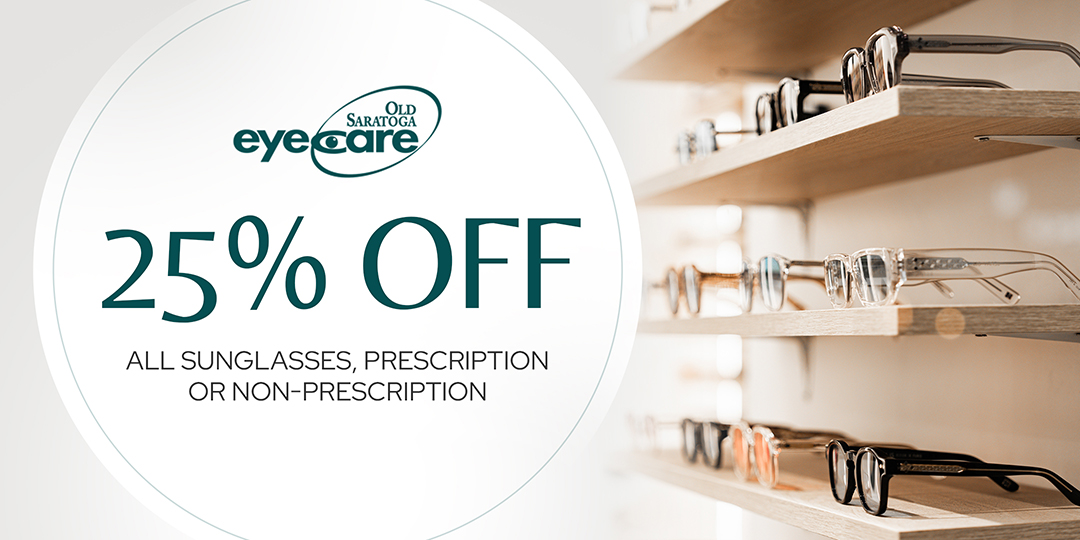
Your vision is one of the most vital senses, allowing you to navigate the world around you, appreciate its beauty, and perform everyday tasks with ease. Maintaining optimal eye health is crucial to ensure that your vision remains clear and sharp. Regular eye exams play a significant role in this regard, as they help detect any potential issues early on and allow for timely intervention. By prioritizing regular eye exams, you are taking proactive steps toward preserving your vision and overall eye health.
What is a Comprehensive Eye Exam?
A comprehensive eye exam is a thorough evaluation of your eye health conducted by an optometrist. It goes beyond a simple vision screening and involves a series of tests and assessments to assess the overall health of your eyes.
During a comprehensive eye exam, your optometrist will evaluate various aspects, including your visual acuity, eye muscle coordination, peripheral vision, and the structures of your eye, such as the cornea, lens, and retina.
What Does a Comprehensive Eye Exam Involve?
A comprehensive eye exam consists of several components that provide a comprehensive evaluation of your eye health. These components may include:
- Visual acuity test: This is the familiar eye chart test that measures how well you can see at various distances.
- Refraction test: This determines any refractive errors, such as nearsightedness, farsightedness, or astigmatism, and helps determine the appropriate prescription for corrective lenses.
- Glaucoma test: This assesses the pressure inside your eyes to detect early signs of glaucoma, a condition that can cause irreversible damage to the optic nerve if left untreated.
- Peripheral vision test: Also known as a visual field test, this measures your side (peripheral) vision and helps detect any abnormalities or signs of conditions such as glaucoma or retinal detachment.
- Retinal examination: This involves dilating your pupils to allow the optometrist or ophthalmologist to examine the back of your eye, including the retina, blood vessels, and optic nerve. It can help detect signs of various eye diseases, such as macular degeneration, diabetic retinopathy, or retinal tears.
Eye Conditions that Can be Detected During an Eye Exam
Regular eye exams play a crucial role in detecting and diagnosing various eye conditions, even in their early stages. Here are some common eye conditions that can be detected during regular eye exams:
- Refractive errors: Regular eye exams can identify common refractive errors like nearsightedness, farsightedness, and astigmatism. These conditions can be corrected with prescription glasses or contact lenses.
- Cataracts: By examining the lens of your eye, eye care professionals can detect the presence of cataracts. Early detection allows for timely treatment and intervention, which can significantly improve vision and quality of life.
- Glaucoma: Regular eye exams are crucial for detecting glaucoma, a condition characterized by increased pressure inside the eye that can damage the optic nerve. Early diagnosis and treatment can help prevent vision loss.
- Age-related macular degeneration (AMD): AMD is a progressive condition that affects the central part of the retina, leading to vision loss. Regular eye exams can detect early signs of AMD and help manage the condition to preserve vision.
- Diabetic retinopathy: Individuals with diabetes are at risk of developing diabetic retinopathy, a condition that affects the blood vessels in the retina. Regular eye exams can detect signs of diabetic retinopathy and enable early intervention to prevent vision loss.
The Benefits of Regular Eye Exams
Regular eye exams offer numerous benefits beyond simply assessing your vision. Here are some key advantages of prioritizing regular eye exams:
- Early detection and intervention: Regular eye exams allow for the early detection of various eye conditions, enabling prompt intervention and treatment. Early treatment can significantly improve the outcome and prevent further vision loss or complications.
- Preserving overall eye health: By monitoring your eye health regularly, eye care professionals can identify any changes or abnormalities in your eyes. This proactive approach can help maintain the overall health of your eyes and prevent potential issues from progressing.
- Ensuring optimal vision: Regular eye exams ensure that your vision remains clear and sharp. If you require corrective lenses, such as glasses or contact lenses, your eye care professional can update your prescription to ensure optimal visual acuity.
- Preventing potential complications: Some eye conditions, if left untreated, can lead to serious complications and irreversible vision loss. Regular eye exams help identify these conditions early on, allowing for timely treatment and prevention of long-term complications.
- Monitoring systemic health: Eye exams can also provide insights into your overall health. Certain eye conditions can be indicative of underlying systemic health conditions, such as diabetes or hypertension. By detecting these signs, eye care professionals can refer you to the appropriate medical specialists for further evaluation and treatment.
Schedule Your Next Eye Exam with Old Saratoga Eyecare Today
Your eyesight is a precious gift, and prioritizing regular eye exams is a crucial step in maintaining its health. By undergoing comprehensive eye exams at recommended intervals, you can detect and address any potential eye conditions early on, ensuring optimal vision and overall eye health. Prevention is always better than cure, and regular eye exams play a vital role in preventing complications and preserving your vision for years to come.
Schedule your next comprehensive eye exam and prioritize your eye health, visit Old Saratoga Eyecare at our office in Greenwich, New York. Please call (518) 692-2040 to book an appointment with Dr. Gardner today.









